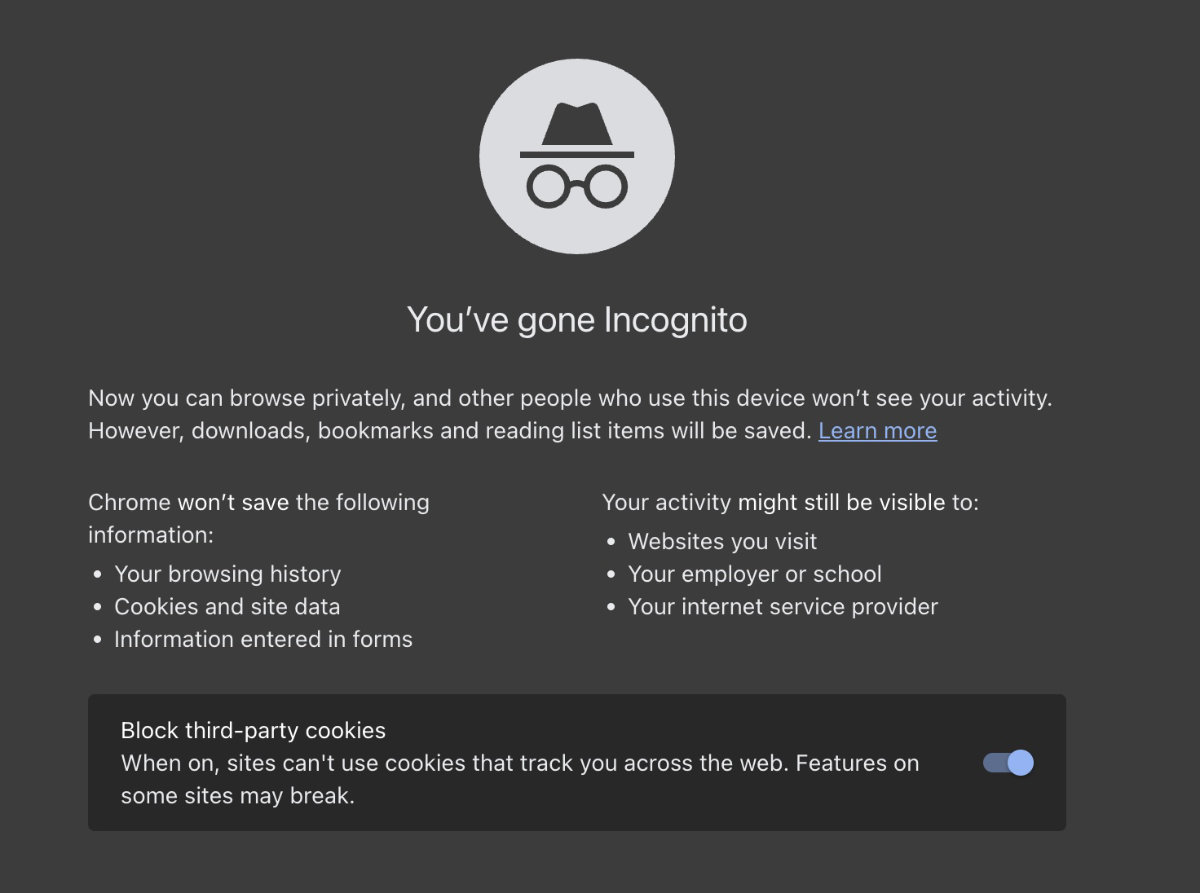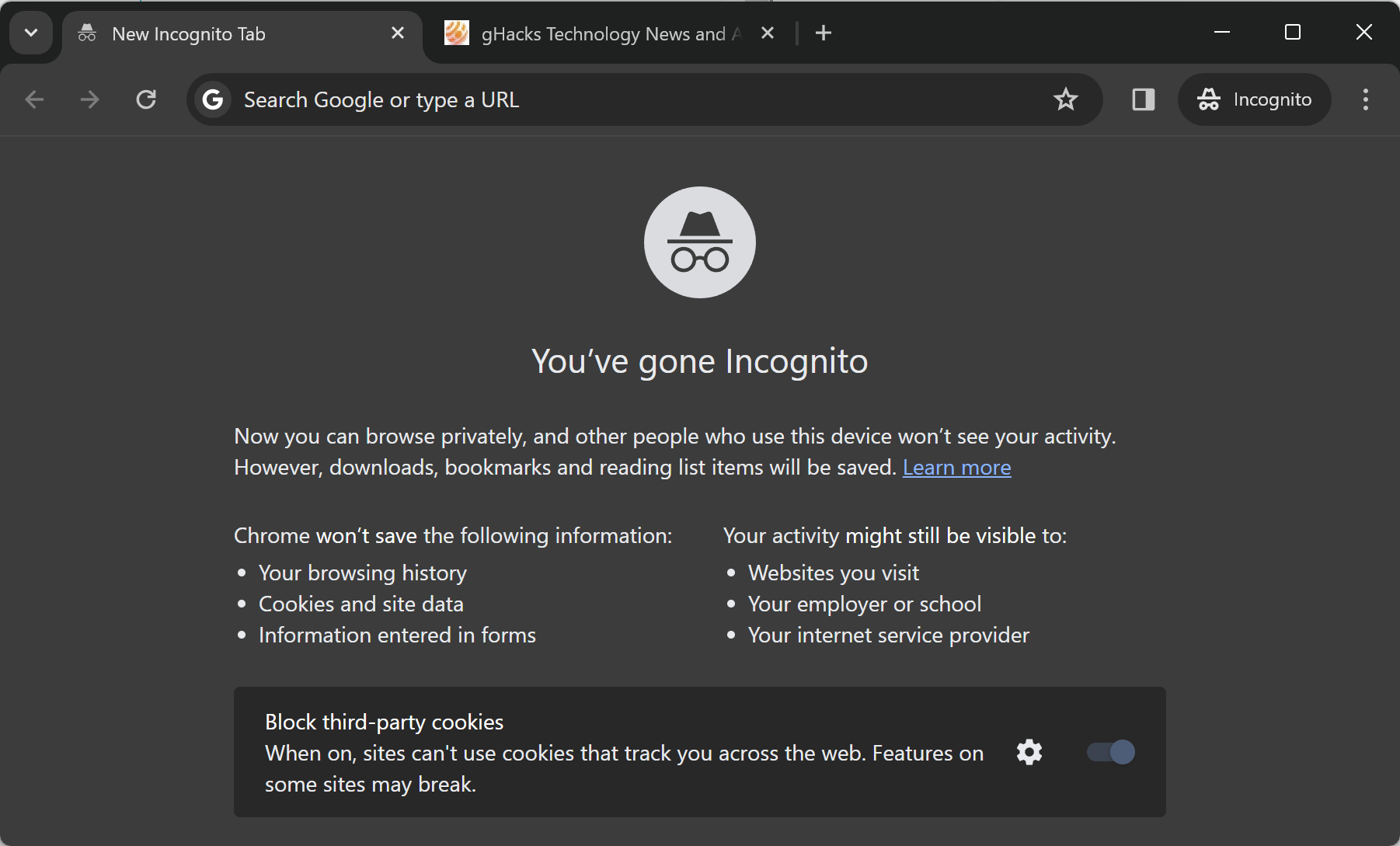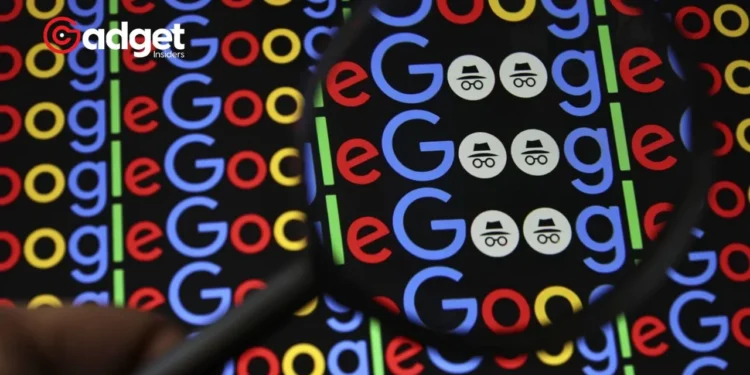In the ever-evolving landscape of digital privacy, Google has recently made headlines with its update to the Chrome browser’s Incognito Mode. This alteration comes amidst rising concerns over online privacy and follows a significant legal settlement. Let’s dive deep into what this change means for users and the broader implications for privacy on the web.
Google Chrome: The Revelation
Google’s Chrome browser is a staple for internet users worldwide, offering the promise of private browsing through its Incognito Mode. However, recent updates have shed light on the limitations of this privacy feature.
Despite expectations, Incognito Mode does not shield users from all forms of tracking. Google Chrome has candidly updated the mode’s description to clarify that while users can browse more privately, websites, and services, including Google, may still collect data.

Behind the Update
The catalyst for this change traces back to a $5 billion lawsuit accusing Google Chrome of surreptitiously tracking users’ browsing activities even in Incognito Mode. The lawsuit, filed in 2020, challenged Google’s practices, alleging the company amassed an “unaccountable trove of information” under the guise of privacy.

Google’s Stance
The updated message informs users that the mode “won’t change how data is collected by websites you visit and the services they use, including Google.” This move, while promoting transparency, raises questions about the true extent of privacy offered by Incognito Mode.
Chrome's Incognito Mode is Not Entirely 'Private', Confirms Google ❓#chrome #Google #taknikirana pic.twitter.com/KUBUvnlqGR
— Mahesh – Takniki Rana (@TaknikiRana) January 19, 2024
The Settlement and Its Implications
The settlement of the class-action lawsuit requires judicial approval, with a presentation to the court slated for February 24, 2024. Google Chrome’s decision to settle and update Incognito Mode’s disclaimer signifies a shift towards greater transparency.
However, it also highlights the ongoing challenges in balancing user privacy with the realities of online data collection.

Google Chrome’s update to Chrome’s Incognito Mode disclaimer serves as a critical reminder of the complexities surrounding online privacy. As digital citizens, it’s essential to stay informed about the tools we use and the limitations of privacy they offer.
This update, while a step towards transparency, underscores the need for ongoing dialogue and advocacy for stronger privacy protections in the digital age.










